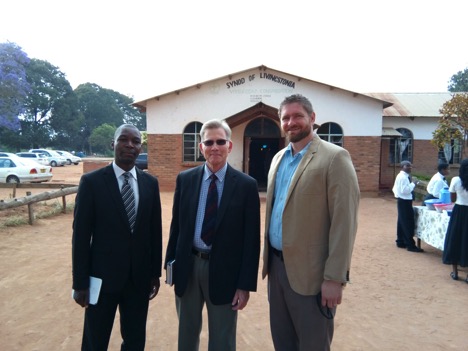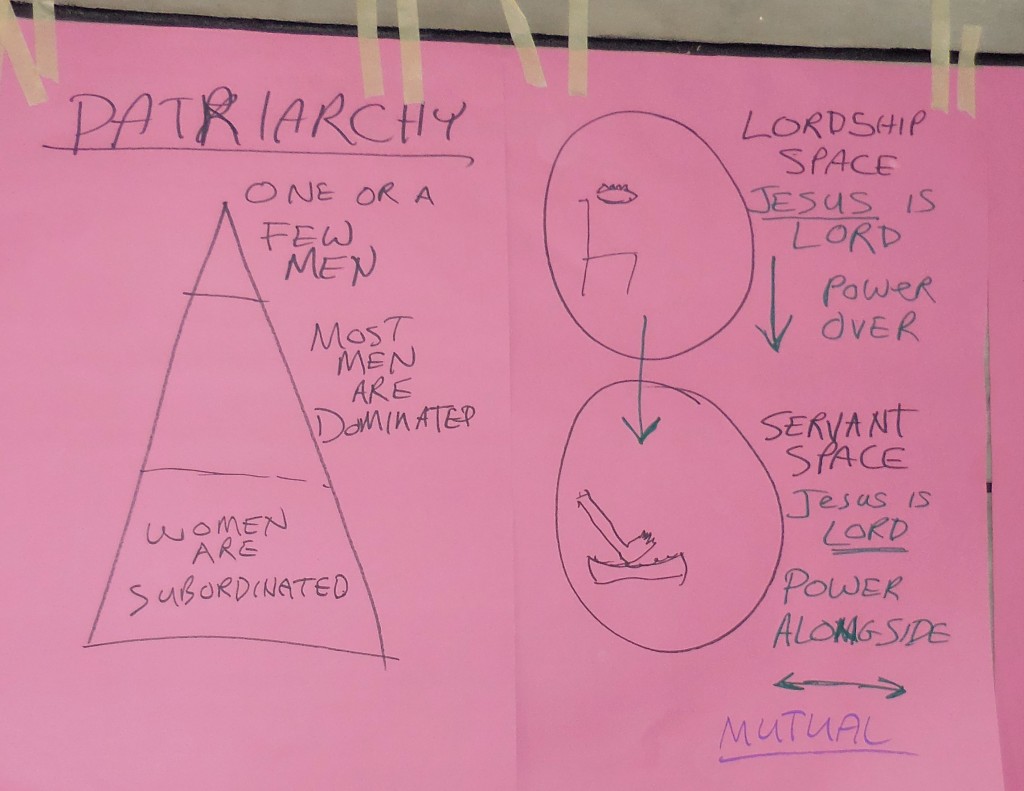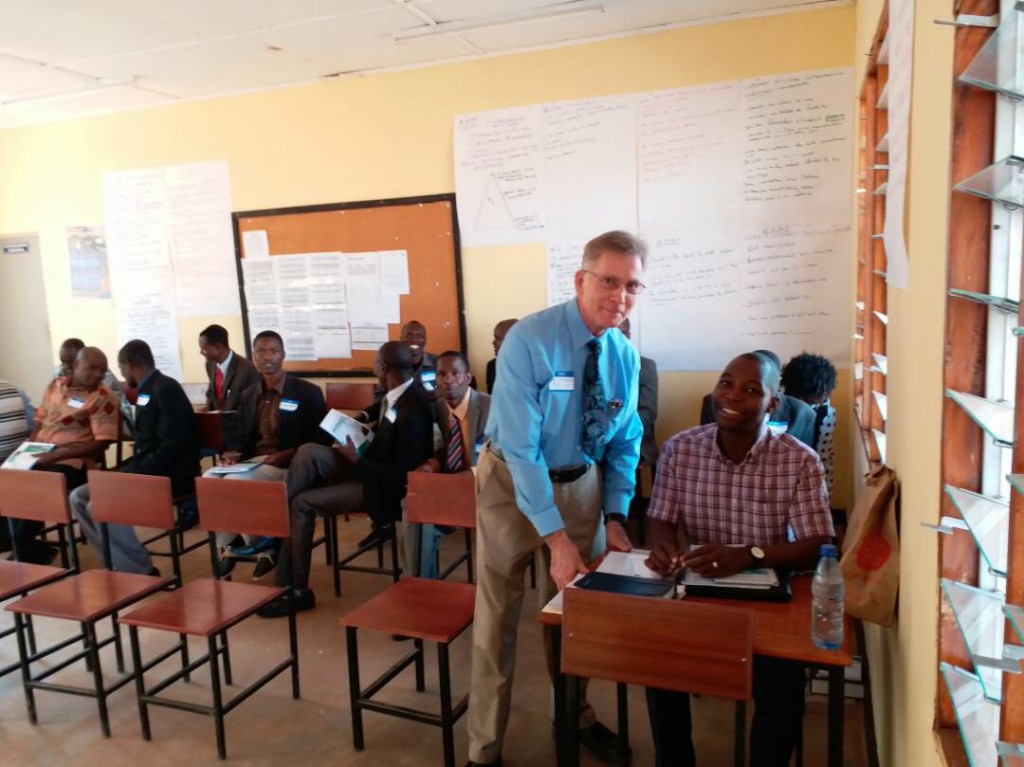Empower Minister Wayne Pelly traveled to Tanzania and Malawi this fall. Here are a few highlights of the end of his trip.
By Wayne Pelly
How would you summarize the message of New Man, New Woman, New Life if you only had three minutes?
While teaching in Mzuzu, Malawi, this fall, I found that the best way to facilitate an “ah-ha moment” is to show the flipcharts the participants themselves help us to create.
While Empower is a familiar ministry to many in southern and central Malawi (around the cities of Blantyre and Lilongwe, respectively) where we’ve conducted many seminars previously, it is a new but now welcome presence in northern Malawi, where Pastor Arnold Phiri of Blantyre, Empower’s coordinator for Malawi, and I conducted a New Man, New Woman, New Life seminar in early October 2017.
The seminar was the fruit of a meeting at my home church in December 2016 when I explained the message and teaching strategy of NMNW to Tyler Holm, a missionary (along with his wife, Rochelle) to Malawi who was home on a short furlough. Upon his return to his community of Mzuzu in northern Malawi, Tyler shared the materials he received with appropriate personnel at the School of Theology of the University of Livingstonia, where he is a Lecturer, and in the Mzuzu office of the Synod of Livingstonia of the Central Church of Africa Presbyterian (CCAP).

As a result, we were invited to hold a seminar at the University of Livingstonia in Ekwendeni, (about 20 minutes north of Mzuzu).
Attendance ran about 16 per day (a total of 20 attendees overall), smaller than a typical NMNW seminar but large in influence, as all but one of the participants were advanced (e.g., masters through doctorate) students at the university. Most of them are already or soon to be ordained pastors as well (including four women – reflecting the makeup of the School of Theology, which is 90 percent male). The one person who was not a student/pastor was Rhoda, a woman leader from a church in Mzuzu who was asked by her church leadership to attend in order to evaluate the potential future relationship. She emerged at the end of the seminar as a strong advocate for just that.
A particularly memorable scene was with the post-seminar debriefing meeting with Dr. Joyce Mlenga, the Dean of the Faculty of Theology, and the Rev. Glad Kumwenda, the Capacity Development Officer (i.e., director of Christian Education and Discipleship) for the Synod of Livingstonia of the CCAP, Tyler, Arnold and I, as well as Rhoda, the woman I mentioned previously.
We met in the room where our seminar flipcharts were still posted on the walls. The University and Synod officials both spent some time scanning the flipcharts, expressing amazement at the scope and depth of the material that we had covered. They expressed a lot of interest in pursuing an ongoing partnership—in part, no doubt, because they were able to clearly “see” what the participants had learned.
Dr. Mlenga arrived just a few minutes early and I took the opportunity to give her a quick overview. If “one picture is worth a thousand words,” then the diagrams we use to illustrate the studies on patriarchy and “What does it mean to be Lord?” are the key.

The diagram of patriarchy for Study 6 illustrates the distortion of God’s creation intent (Gen. 1 & 2) by the fall (Gen. 3) into hierarchy and dominance that is presented in the preceding lessons, while the picture of the Lordship of Jesus Christ as “the Lordship Space” which excludes all others, while his example of service – as in washing the disciples’ feet and in his sacrificial death – pictures the “Servant Space” to which Jesus Christ invites us all to join him. This then lays the foundation for understanding headship, mutual submission, and the restoration of mutuality between men and women that is discussed in the subsequent lessons.
If the Lord is Jesus, legitimate power seeks not to control others and things but to empower the powerless, to lift up the fallen, to reconcile, to create healing opportunities, to encourage maturity and responsibility, and to restore community. . . . And, in contrast to dominating power, this kind of power exists in unlimited supply. (S. Scott Bartchy)

We look forward to the prospect of a fruitful partnership with the University of Livingstonia and the Synod of Livingstonia of the Central Church of Africa Presbyterian in northern Malawi!
